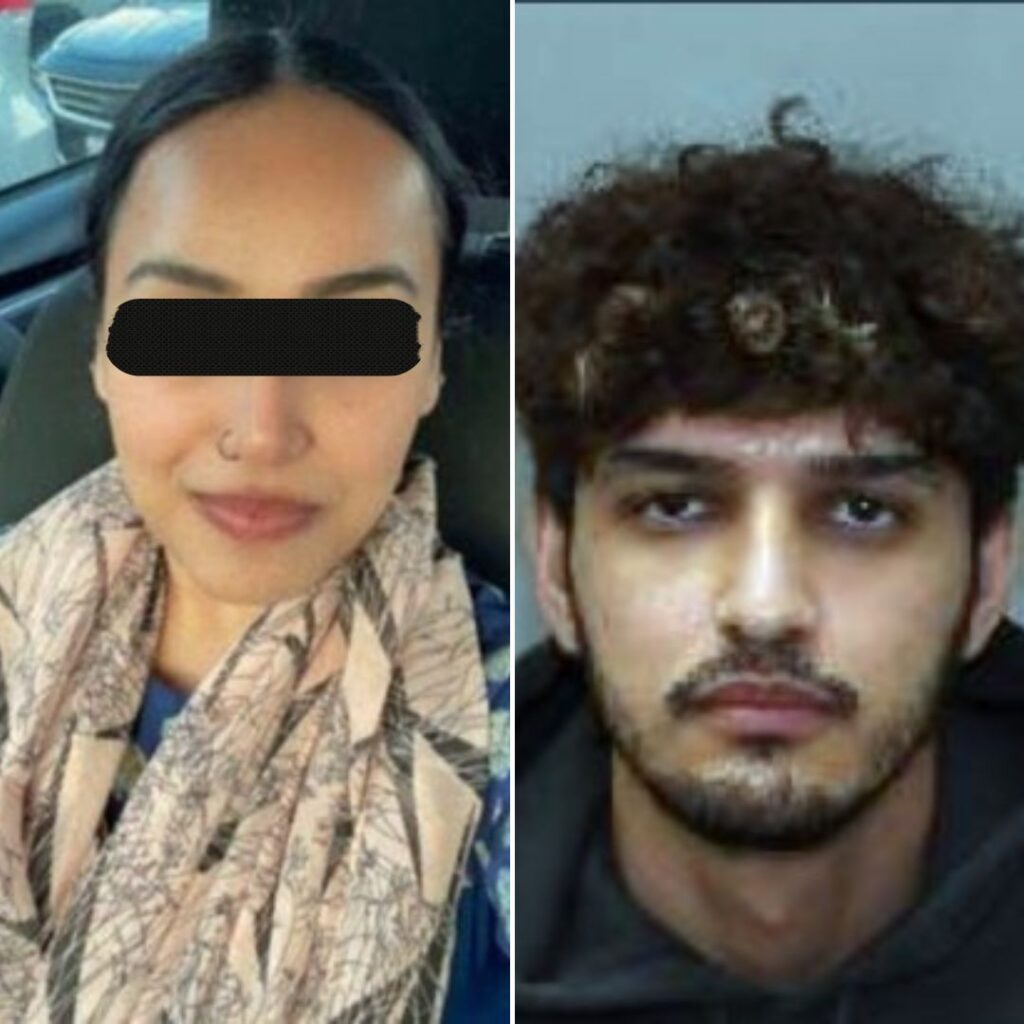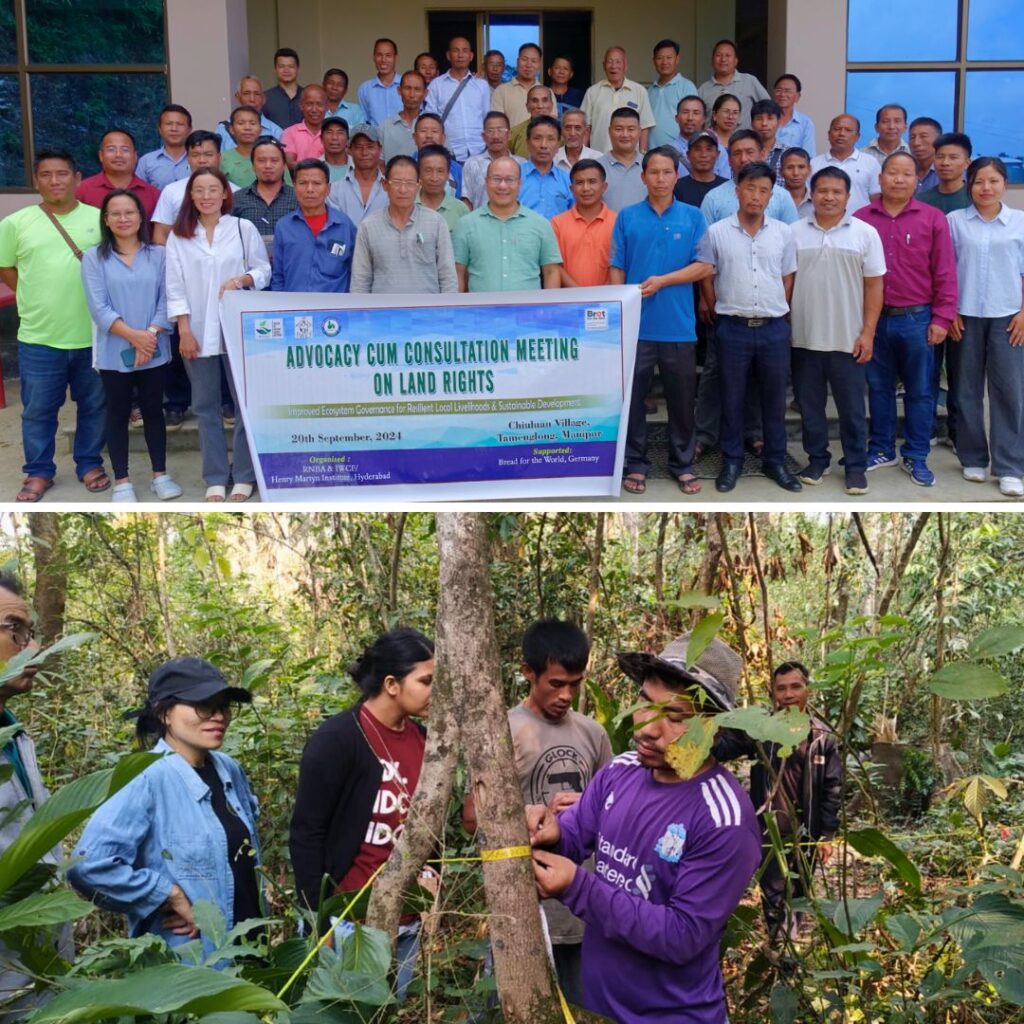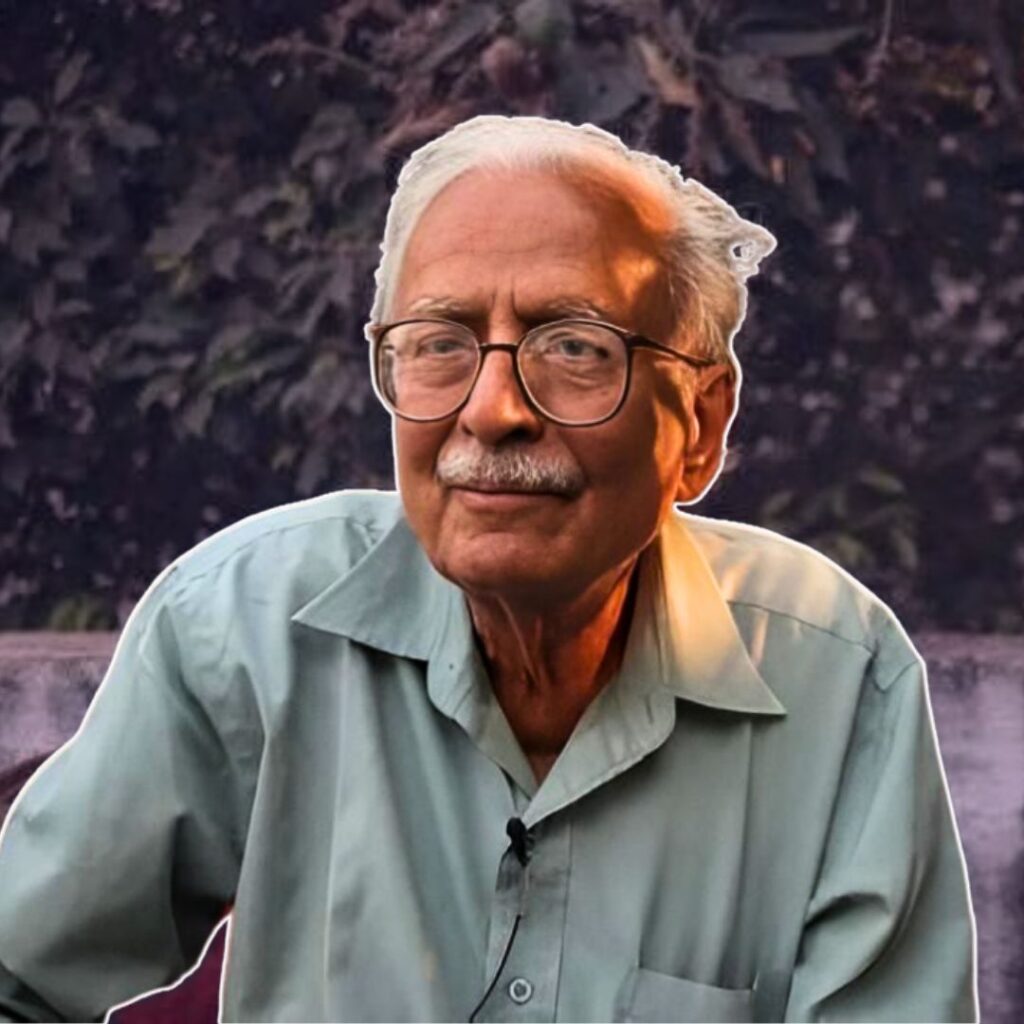As India continues to grapple with the COVID-19 pandemic, patients with non-COVID ailments are struggling to find medical care amid the overwhelmed medical facilities.
With a large number of government hospital doctors in Mumbai – one of the cities worst-affected by the pandemic – still on COVID-19 duty, very few are available for treating other illnesses. Several patients are also forced to wait for elective surgery or even seek private treatment amid non-availability of government facilities, reported The Indian Express.
After developing an acute pain in the abdomen, Aarti Kamble was recommended hysterectomy around the time the COVID-19 outbreak started. It was possible only in July, when government hospitals began routine out-patient services, that she visited JJ hospital for the surgery. However, she was asked to come after a month as they didn’t have enough anaesthetists, Kamble told the media.
After experiencing acute pain again on last Friday, Kamble returned to JJ hospital and was admitted for an emergency procedure. On Monday, even after testing negative for COVID-19, her surgery did not take place.
‘The sonography showed two knots in my uterus, earlier there was just one,’ Kamble said.
Meanwhile, Dr Ashok Anand, head of the gynaecology department, said, ‘We have gynaecologists but anaesthetists are not available for routine procedures. Most are deputed on Covid-19 duty. Only a few are posted for emergency surgeries.’
Since March, the gynaecology department at the hospital has only been performing caesarean procedures and normal deliveries apart from emergency surgeries.
Meanwhile, in KEM hospital, there are around 500 COVID-19 patients and 450 patients suffering from other illnesses. Around 2,000 patients visit the OPD daily, compared to around 8,000 before the lockdown was imposed.
‘We are doing all emergency procedures, be it a COVID or non-COVID patient. But elective surgeries will take time to resume,’ said Dean Dr Hemant Deshmukh.
In St George’s hospital, amid the pandemic, the waitlist of transgenders and gender dysphoria patients wanting to undergo surgery has been growing. The hospital had set up an exclusive sex realignment facility in 2017.
Assistant Professor Dr Rajat Kapoor said that as St George’s hospital has become a COVID centre, all these surgeries have been put on hold and only emergency plastic surgery procedures are being taken up now.
While JJ Hospital handles all non-COVID cases of St George’s hospital, they are yet to resume sex realignment procedures.
While government hospitals had resumed normal OPDs and reopened non-COVID departments in July after four months, a shortage of manpower and equipment affected admissions of non-COVID patients.
While all intensive care units (ICU) have been reserved for COVID-19 patients in Nair and Sion hospitals, in Dr R N Cooper hospital, dialysis beds too have been kept aside for COVID-19 patients. As a result, those suffering from other illnesses are forced to seek private care.
In another case, 43-year-old Bina Soneji, who suffers from a brain haemorrhage, paralysis and requires dialysis, has been hospitalised three times in the last two months. Till date, her brother, Arun Soneji has spent over ₹5 lakh for her treatment.
‘A month ago, she was infected with COVID-19. I spent ₹1.8 lakh on her treatment. Then she suffered complications during dialysis. Again, I spent ₹1.8 lakh. Now she has brain haemorrhage… the bill has crossed ₹1.2 lakh,’ said Arun. Bina is currently admitted in Shree Ganesha Multispecialty hospital’s ICU and the family has run out of money.
While the family inquired with Nair, Sion and Cooper hospitals, all three hospitals said they had no ICU or dialysis beds available for non-COVID patients.
‘We have opened OPDs, but it will take another month to perform neurosurgery,’ said Dr R N Bharmal, Dean of Nair Hospital.
Meanwhile, Dr Pinakin Gujjar, R N Cooper hospital Dean said, ‘Our dialysis machines are in Seven Hills hospitals for the use of Covid-19 patients. We also don’t have neurosurgery facility right now.’
At present, Suresh Kakani, Additional Municipal Commissioner, has instructed Cooper hospital to keep aside only two floors for COVID-19 patients. Meanwhile, in Nair hospital, the OPD building has been converted to admit only non-COVID patients.
‘We are gradually downgrading COVID facility in tertiary hospitals. This week, we will sanitise Covid-19 wards, and keep them empty for two days so that subsequently we can reopen it for other patients. We have to be cautious and ensure there is no infection risk,’ he said.
As of Tuesday, August 18, Mumbai has reported 1,29,479 cases of COVID-19. Of this, while 1,04,301 people have recovered, 7,173 people have succumbed to the virus. The city has been reporting an average of 1,000 and 1,200 new cases every day and is the third city to report the most number of cases, after Delhi and Pune.
Meanwhile, in an interview with The Indian Express, Kishori Pednekar, the 77th Mayor of Mumbai, said, ‘This…











